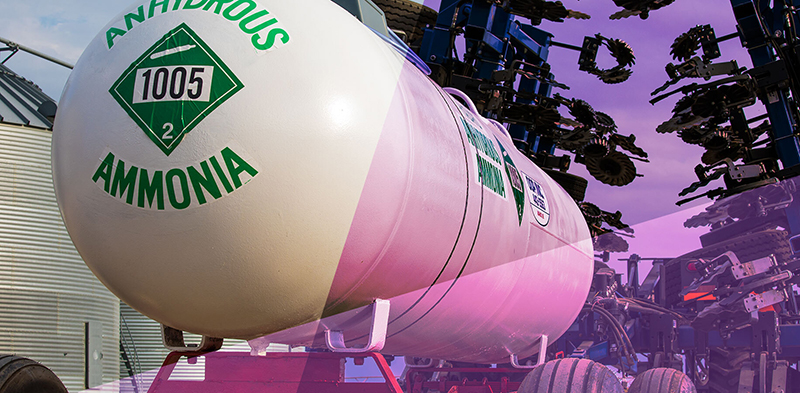Up Next for Seed Treatments: A New York State of Mind?
In the infectious disease community, bad viruses are known to spread widely once they appear upon the scene. Unfortunately, the same can be said for bad legislation negatively targeting agriculture.
A few weeks ago, I wrote a column looking at lawsuit filed by the Center for Food Safety and the Pesticide Action Network North America in the federal U.S. District Court of Northern California to force EPA to “assess and register” seed treatments as pesticides. Currently, the agency exempts seeds coated with insecticides as treated articles exempt (TAE). The groups in the lawsuit allege that since the neonicotinoid insecticides commonly used on some treated seed “cause widespread harm to birds, pollinators such as bees, beneficial insects, and endangered species, EPA must apply that registration process to coated seeds and stop exempting them from it.”
According to the poll accompanying this article, 73% of CropLife magazine readers believed this lawsuit had the potential to have a “major negative impact” on the treated seed segment of the ag business going forward. At the time I wrote this column, I speculated if this first such lawsuit involving treated seed would lead to others appearing. Or perhaps, having legislative bodies across the country begin to look at treated seed as another area of agriculture to heavily regulate.
Naturally, I didn’t have long to wait to find out the answer to this speculation. In late June, the New York Legislature passed a bill prohibiting the sale or use of corn, soybeans, or wheat seed coated with five different neonicotinoids unless the state environmental and conservation commissioner determined there was not adequate alternatives.
The Empire State Senate approved the bill shortly thereafter, and the New York Governor Kathy Hochul was expected to sign it. Luckily, this legislation would not go into effect until 2027. However, this still makes New York the first state to take such broad action against treated seed.
Now, it will be interesting to see if other states follow New York’s example when it comes to restricting treated seed. According to Kevin “K.J.” Johnson, head of the Illinois Fertilizer & Chemical Association (IFCA), IFCA has been fighting against neonic legislation in his state’s General Assembly for more than 10 years now. “So far, no neonic legislation has ever moved or received a hearing in Springfield, IL,” says Johnson.
I’m sure I speak for many in the agricultural community when I say this hopefully will remain the case going forward – outside of New York.






